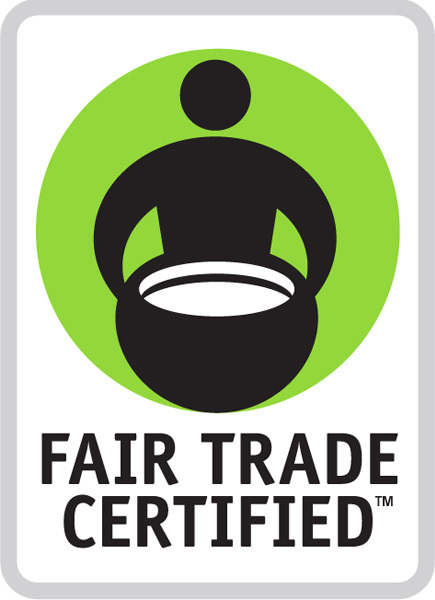The Fruit that Fuels the U.S. Team in the World Cup
The U.S. Men's National Team Consumes an average of one case of avocados every day
The Fruit that Fuels the U.S. Team in the World Cup
Despite a rain-soaked 1-0 loss to Germany, the United States made it past the Group of Death and into the World Cup’s knockout stage, where they will play Belgium today at 1 pm PST.
Much of the U.S. team’s survival against Germany can be attributed to their solid defensive play and goalkeeping, which fended off eight German shots on goal. Luck played a part, too: had Ghana bested Portugal by two goals, the Americans would have been eliminated.
A Case A DayBut perhaps a sliver of the U.S. team’s success can be attributed to the players’ astonishing rate of avocado consumption. They eat a combined average of one case a day, which amounts to 25 pounds of the buttery, green fruit.
For elite soccer players, avocados are a no-brainer. A medium-sized has 226 calories, three grams of protein and 684 milligrams of potassium. Those calories help the soccer players refuel from games, while the protein and potassium help them recover.
The physical demands placed on a World Cup soccer player are high: in a single game, a 165 pound player burns about 1800 calories. An outfield player will run 6-8 miles in that game alone. It’s no wonder that the U.S. team turns to avocados to get a large amount of nutrients in a small package. And it’s not like avocados are short on flavor, as the 1.5 billion pounds of avocados consumed by Americans in 2012 can attest. Today, the average American eats 4.5 pounds of avocados per year. Yet, even though the U.S. imported almost $1 billion worth of avocados last year, life can still be a struggle for small-scale avocado growers. Often, much of the money that consumers pay for avocados goes to the middleman, not the farmer.
Fair Trade Avocados Support Communities in MexicoThings are different though with Planeta Verde, a cooperative of small farmers in Michoacan, Mexico, and their importer, Calavo Growers, who work together to improve the livelihoods of hardworking growers. Their partnership gives consumers a chance to vote for sustainability with their purchases through Fair Trade certification. The cooperative’s certification helps ensure a fair price for growers and means that Calavo Growers sends an additional premium back to the farmers for every avocado purchased. Planeta Verde’s farmers then vote on how to spend their Fair Trade premiums on community development projects. In the past, they’ve used premiums to reforest areas around their farms and to host a conference on organic certification for the farmers. The cooperative’s other planned projects include water management, dry latrines, forest fire prevention education and biodiversity awareness training.
Fair Trade certification also ensures that Planeta Verde’s avocados are produced without the help of child labor, prohibits the use of GMOs and restricts some of the most toxic agrochemicals. Every avocado harvest is produced with social, economic and environmental sustainability in mind.
Alberto Godinez is one of Planeta Verde’s 200+ avocado-growing members. Godinez owns 2.82 hectares of avocado farmland, which he calls Huerto La Herencia. Since he was a boy, Godinez helped his father harvest avocados on the farm. When his father passed away, he gave the land to Alberto and one of his cousins. Now, Godinez tends to his avocados and is happy that his family tradition is part of the Fair Trade program.
For the past 15 years, Stanley Fernandez has worked on a farm called the Huerta Huitzicho, which is owned by his grandfather. As a foreman, Fernandez has seen thousands of avocados grown and plucked from the farm’s lush trees.
Huerta Huitzicho is located on the outskirts of Uruapan, in west-central Michoacan. The surrounding region is a poor area called Las Delicias. Fernandez and other members of Planeta Verde hope to use a portion of Fair Trade premiums to help Las Delicias and other similar communities around the state.
The avocados that Alberto, Stanley and other Planeta Verde small farmers harvest are available nearly year-round, with the peak season from December through June.
Maybe some will end up in your kitchen, ready to be squashed into guacamole or mixed in with a salad.
And by the next World Cup, perhaps some will find their way to the US national soccer team—after all, if you’re going to eat 25 pounds of avocado a day, why not have them be Fair Trade Certified?





